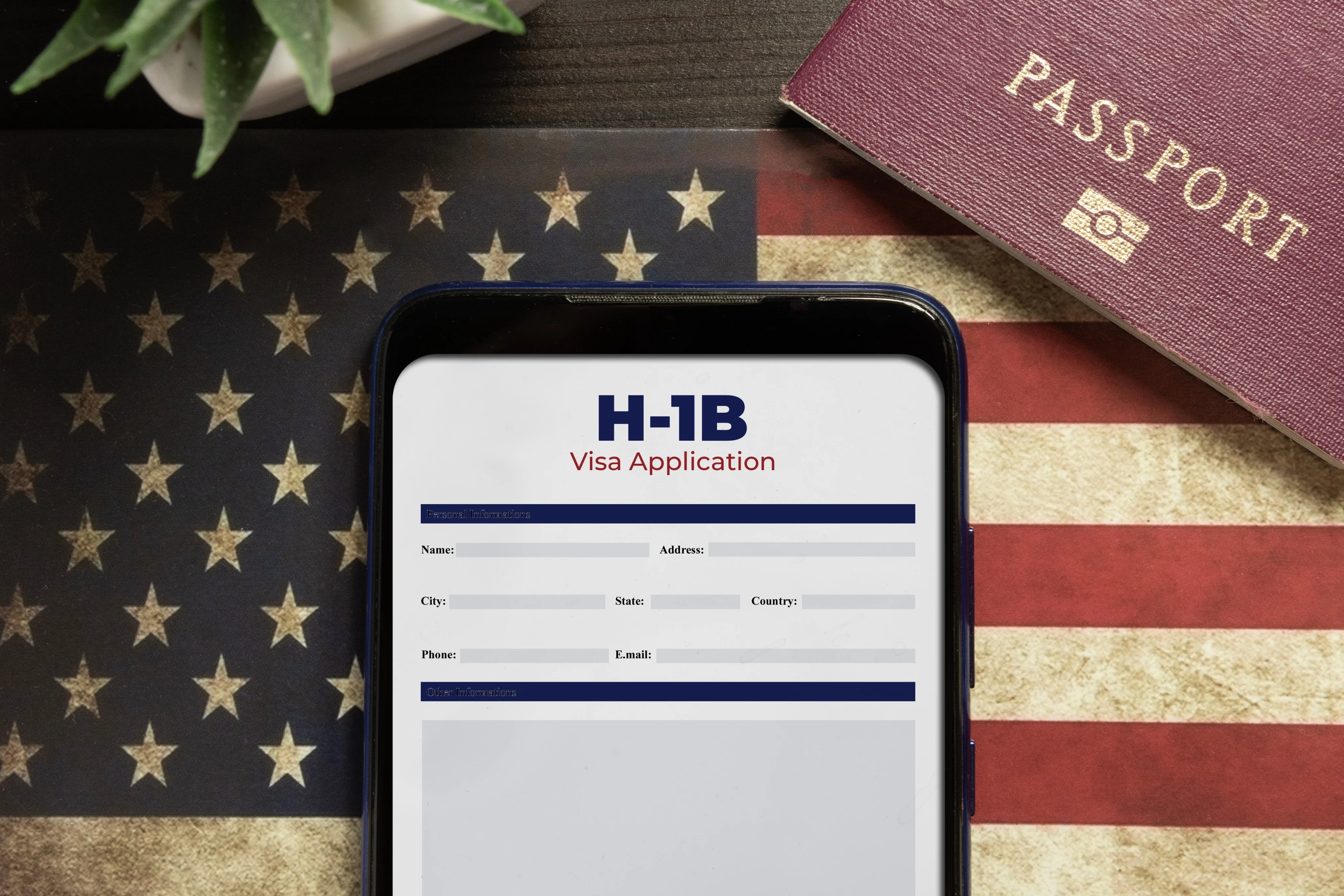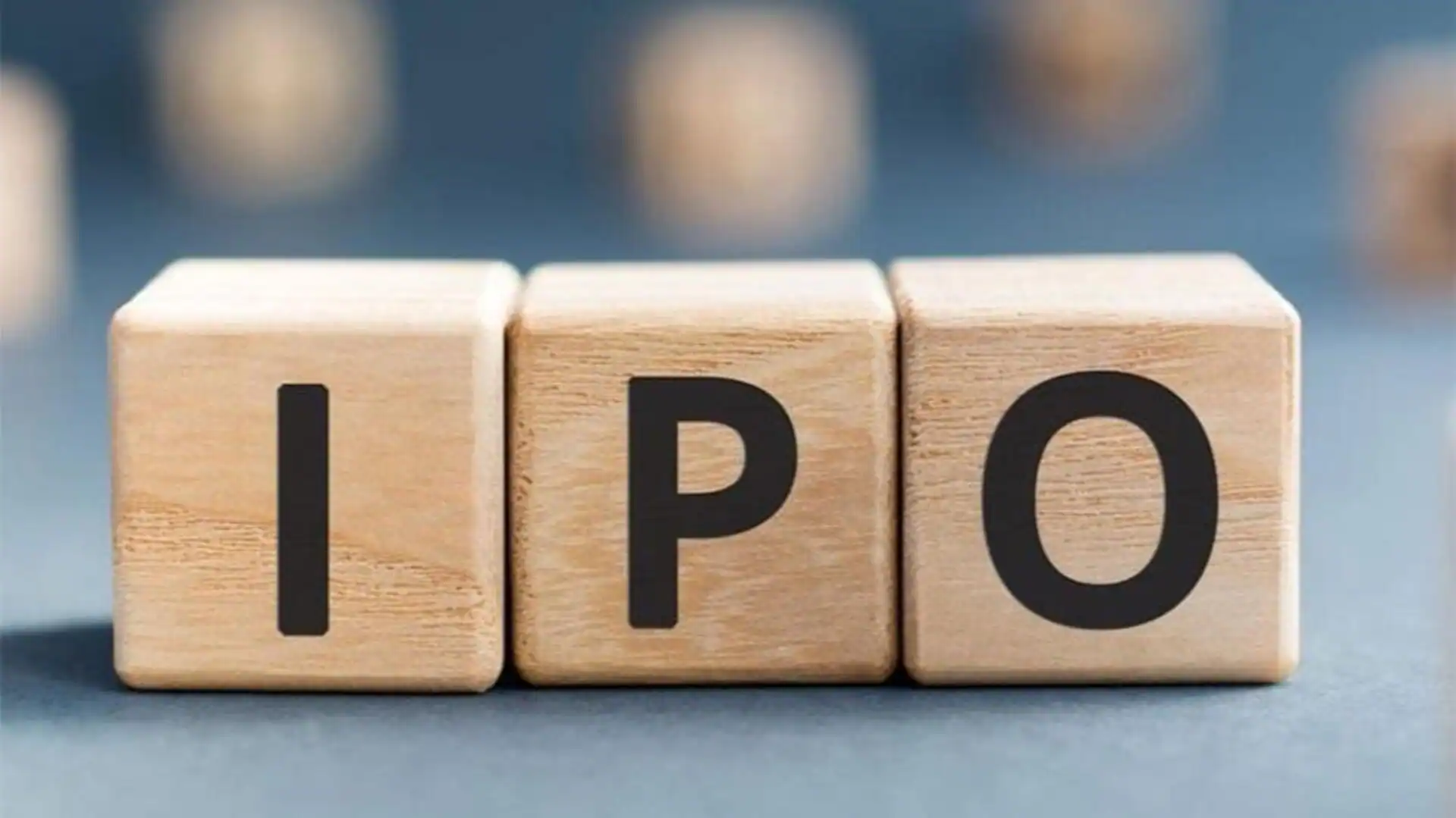By Coco Feng
Copyright scmp

Chinese technology workers in the United States saw their travel plans disrupted and reassessed their future in the world’s biggest economy, after US President Donald Trump signed a proclamation requiring companies to pay US$100,000 per year for new H-1B applications.
The policy change, which initially appeared vague on who was responsible for paying the fee, prompted H-1B visa holders Selena Tang and her husband to skip their planned Chinese wedding on Tuesday in Wuxi, in eastern Jiangsu province.
When the news came, it was like “a bolt out of the blue”, Seattle-based Tang said. She and her husband flew back from China to the US on September 20 amid urgent directives from their firms’ legal departments to immediately return to America.
Tang said they returned, in spite of higher expenses, as they both faced the risk of losing their jobs and being unable to manage their US property. The policy change, however, did not clarify if they were personally subject to pay the US$100,000 fee.
After the new policy was signed on Friday, companies and affected employees scrambled to figure out who would be subject to the H-1B visa fee.
On that day, US Secretary of Commerce Howard Lutnick repeatedly said the fee would be applied annually. A White House official, however, later said the US$100,000 was “a one-time fee that applies only to the petition”.
That ambiguity from the White House showed why many H-1B holders found themselves in a state of confusion and panic, which led many of them to return to the US from holiday to seek a solution.
“I didn’t even have time to see my own parents, or visit my grandparents’ graves,” Tang said, adding that she was busy taking pre-wedding photos, finalising arrangements with the planner, and selecting outfits and make-up during her brief visit to the mainland.
It was only after returning to Seattle that she and her husband learned that they were not personally liable to pay the H-1B fee. Still, it was too late for them to fly back for their wedding, so they settled for recording videos to remotely take part in the ceremony.
Tang, who has lived in the US for 13 years, said: “We have to rethink our long-term future.”
Many on Chinese social media now joke about becoming “H-1B slaves”, as they feel anxious about job security if they ever go on a trip to the mainland or any other overseas destination.
Wendy Wang – a resident of Hangzhou, capital of eastern Zhejiang province – said she had to see off her H-1B holder husband on Saturday to hastily return for work at an internet company in San Jose, California, following news about the visa fee. The couple, who had been separated for a year and a half, were on a holiday that was supposed to run until mid-October.
To secure an immediate US flight, the couple spent 15,000 yuan (US$2,108) on an air ticket amid heavy demand. The couple do not expect to see each other again for two or three years, Wang said.
“Neither of us has plans to take up permanent residence in the US,” she said. “The political climate there has shifted considerably in recent years, creating an atmosphere of uncertainty.”
Among the 399,402 H-1B petitions approved between October 2023 and September 2024, Chinese applicants accounted for 11.7 per cent, the second-largest nationality group after Indians, according to data from the US Citizenship and Immigration Services.



